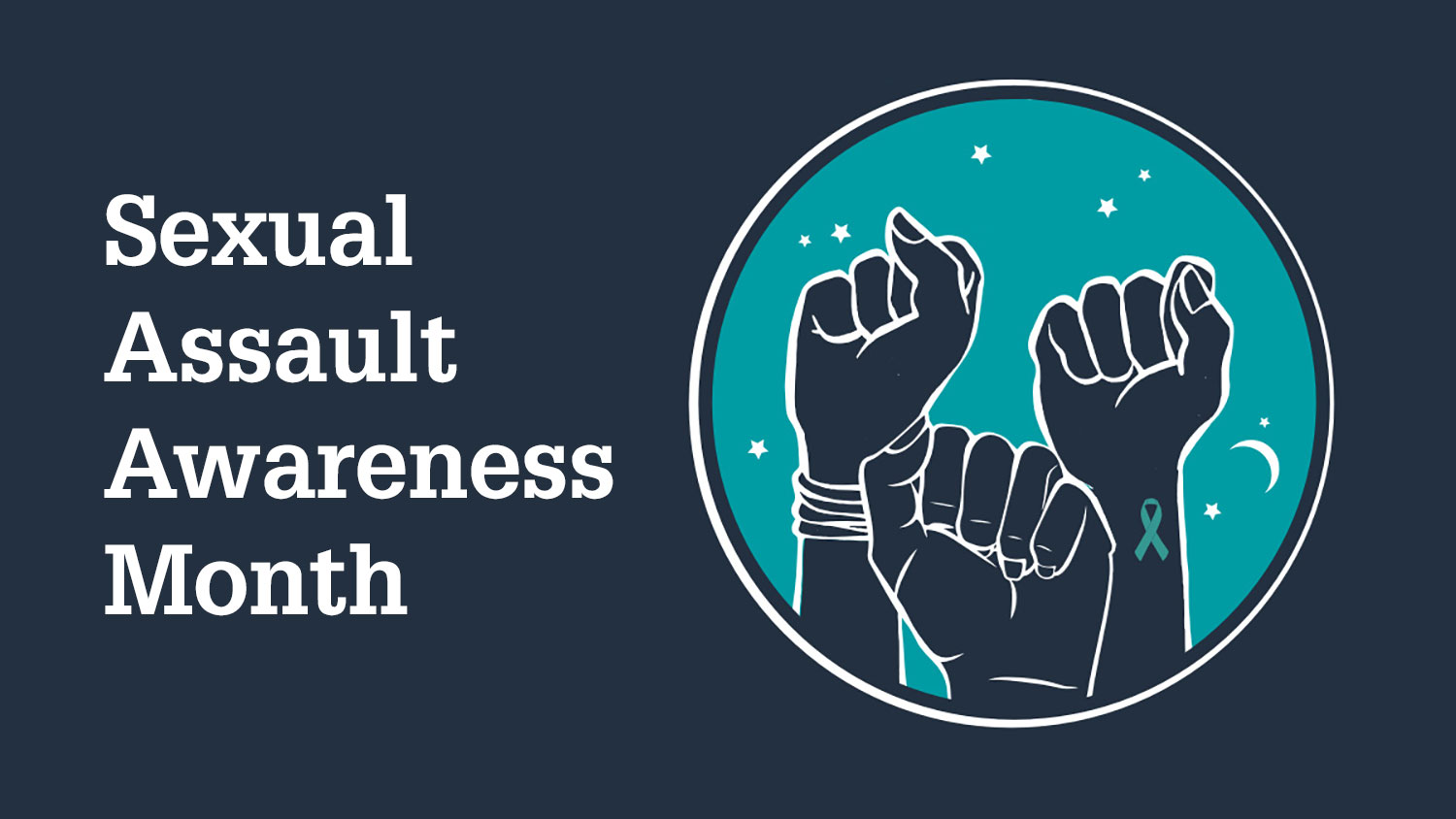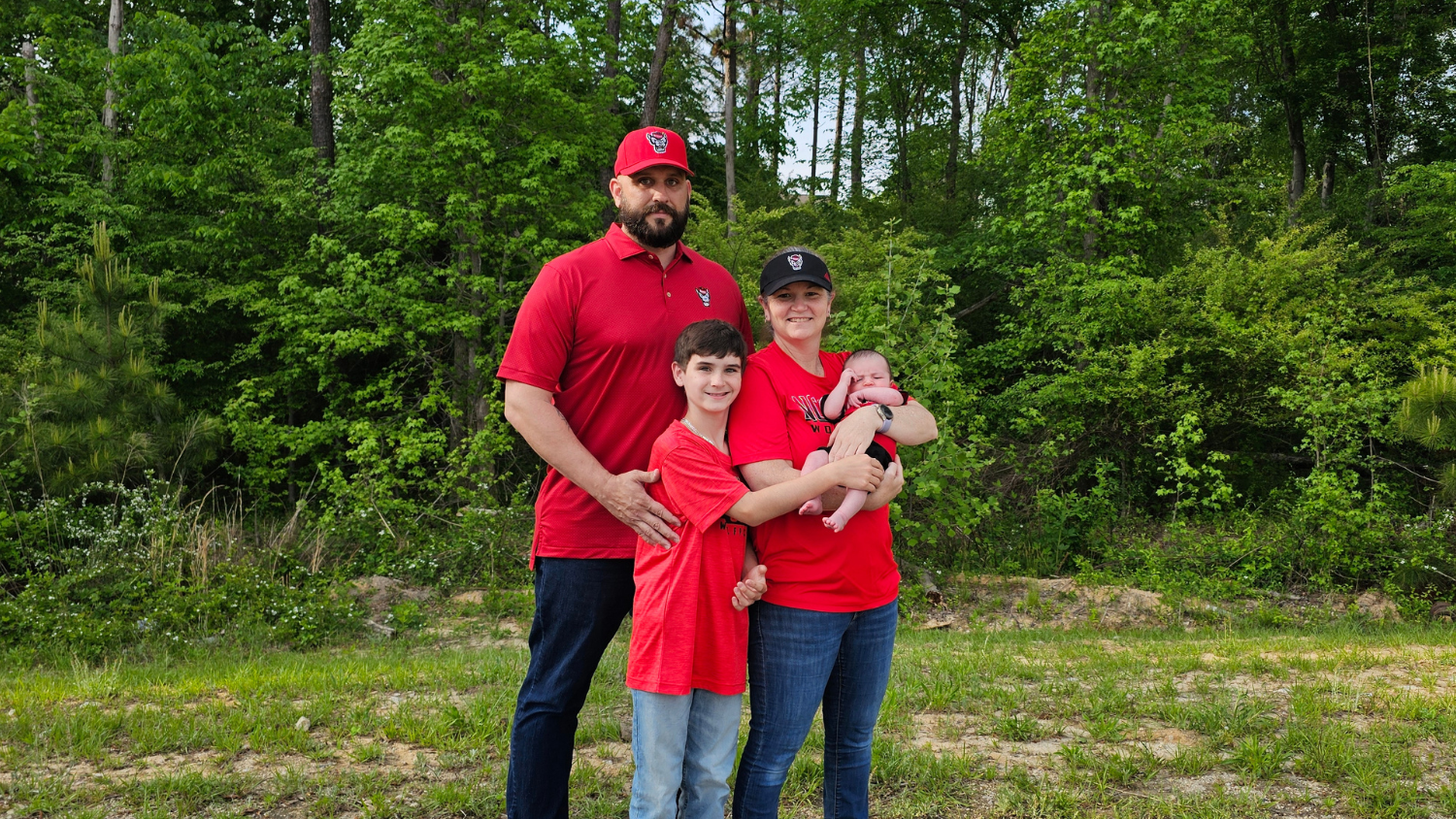YFCS April Blog: Graduate Student Kallie Green Shares Her Story and Tips During Sexual Assault Awareness Month

The Youth, Family, and Community Sciences graduate program publishes a monthly blog written by students, alumni and faculty sharing important topics and helpful resources related to the field of family science. The month of April is Sexual Assault Awareness Month. This month, our YFCS guest blogger is YFCS master’s student, Kallie Green, who shares with readers a bit about her story and helpful sexual assault prevention tips.
“I am a sexual assault survivor.” I never expected to say these words to myself because, like many young people, I was a firm believer that it could never happen to me. How could it?! I didn’t drink, I was responsible, and I had never even been to a party where alcohol was served. I was the mature nineteen-year-old that people came to for advice, not the wild party girl type. Somehow, I became part of the subpopulation of one in six U.S. American women who have been the victim of attempted or completed sexual assault (rainn.org, 2017).
When most people think of “rape” or “sexual assault,” a certain image of sexual brutality and use of force comes to mind, but that’s not always how it is perpetrated. For me, it happened slowly over several months. My assailant befriended me, gained my trust, and mentored me in my new job until finally, one day, he decided that the time was right for him to get out of the relationship what he had intended to all along. It has taken several years for me to feel comfortable telling my story, primarily because of how ashamed I felt. I blamed myself for not recognizing the red flags, I said to myself that I had “asked for it” by hanging out with this guy after work, and I questioned if what had happened to me even constituted “rape.”
The definition of rape per the Department of Justice is “The penetration, no matter how slight, of the vagina or anus with any body part or object, or oral penetration by a sex organ of another person, without the consent of the victim” (Carbon, 2017). It can happen to anyone at any time, and it does not discriminate based on your gender; men get raped as well, unfortunately.
While sexual assault is never your fault, there are some ways you can think about safety and ways to support survivors during Sexual Assault Awareness Month (April).
Trust Your Gut
If, like me, you get to a party (or a date) and you start to feel uncomfortable, trust your intuition. If something doesn’t feel “right” about the person or group that you’re with, the chances are that it probably isn’t. Call a friend, call a cab, tell a waiter. Do something, but don’t second guess your intuition because you are worried about hurting anyone’s feelings. Yes, you could be wrong about the person’s intentions, but you could also be right. Just get out of that situation no matter what it takes, as quickly as possible. You don’t have to do anything that you don’t want to do.
Always Tell Someone Your Plans
Tell someone you trust where you will be, who you will be with, and what you plan to do when you get there. Regularly check in with that person throughout the evening so they know you’re okay or can help you extricate yourself if you are uncomfortable. If your trusted friend ends up having to call the police to assist you, knowing your approximate location will help the police help you faster.
Maintain Situational Awareness
It is very tempting to exchange text messages with someone, talk on the phone, or scroll through social media with earbuds in while you’re on the bus or walking somewhere, but it can also be very dangerous.
Attend Gatherings with a Trusted Friend
Going to social gatherings with a trusted friend you know will not leave your side is a good habit, as is meeting in well-populated public establishments. If you get up to go dancing or use the restroom and alcohol is being served, ensure that your friend watches your drink to ensure that it is not drugged. If you’re at a bar without a friend, be safe and order a new drink when you get back to your table. When you’re ready to call it a night, have someone escort you to your vehicle or have the cab service pull up at the front door of the bar.
Support Survivors
When someone tells you they have been assaulted, believe them. Listen to and support survivors and help them find resources they need to help them heal or seek justice. RAINN offers a free 24-hour hotline for survivors to find support and resources: https://www.rainn.org/resources.
The critical thing to remember is that sexual assault or rape is never your fault. It is a crime.
Here are some resources you might be interested in to learn more:
- https://www.rainn.org/resources
- https://www.whitehouse.gov/briefing-room/presidential-actions/2021/03/31/a-proclamation-on-national-sexual-assault-prevention-and-awareness-month-2021/
- https://interactofwake.org/
- NC State Women’s Center provides survivor services


